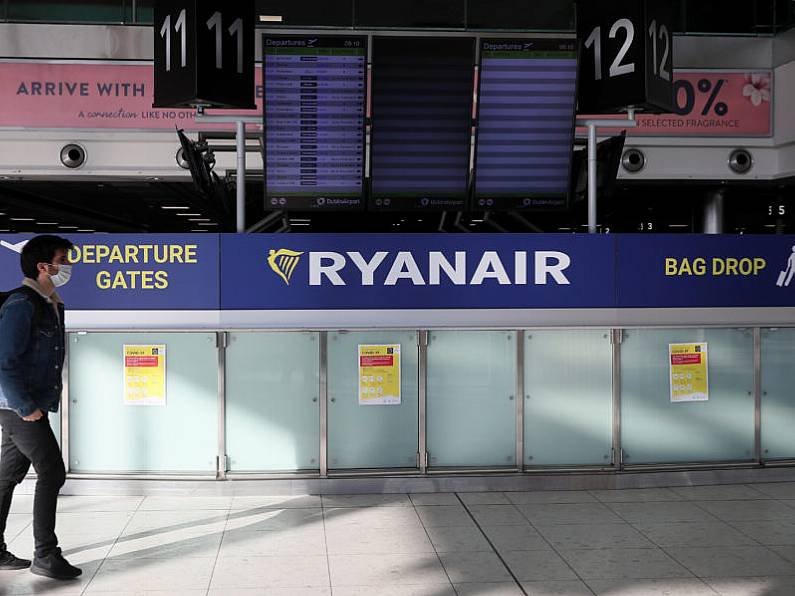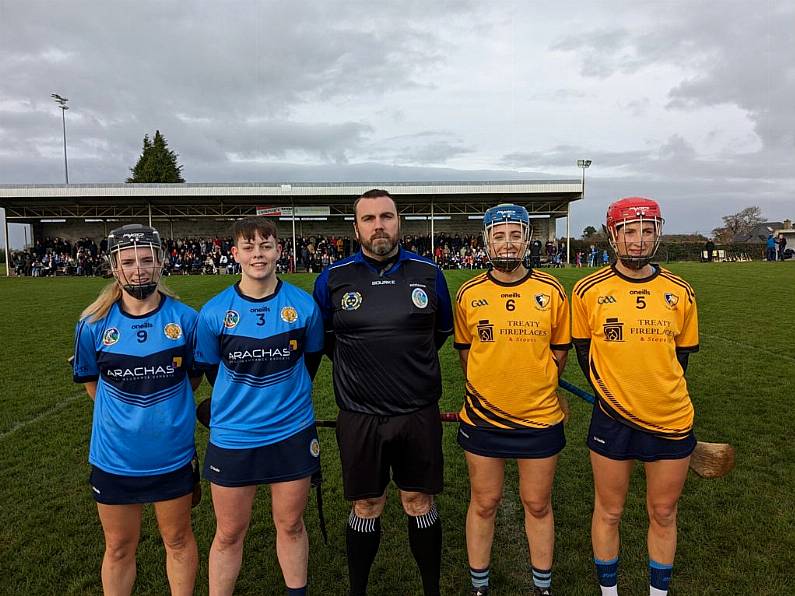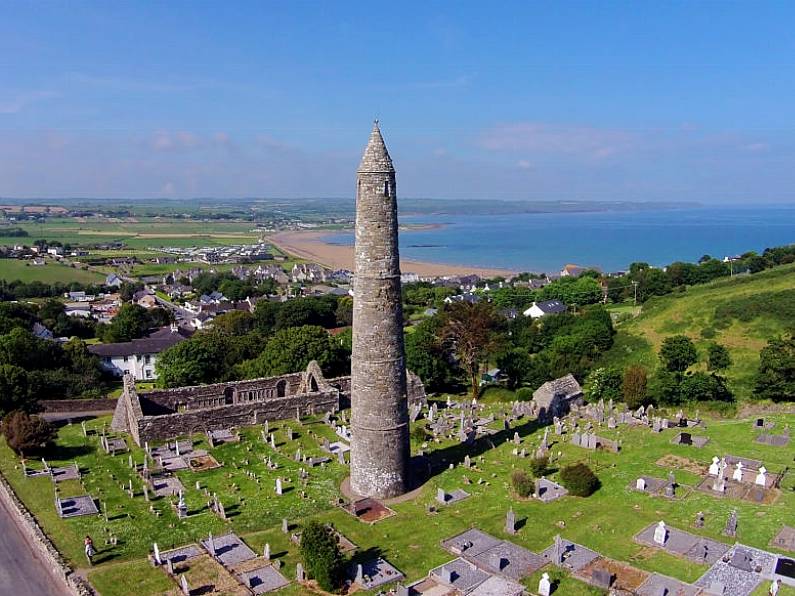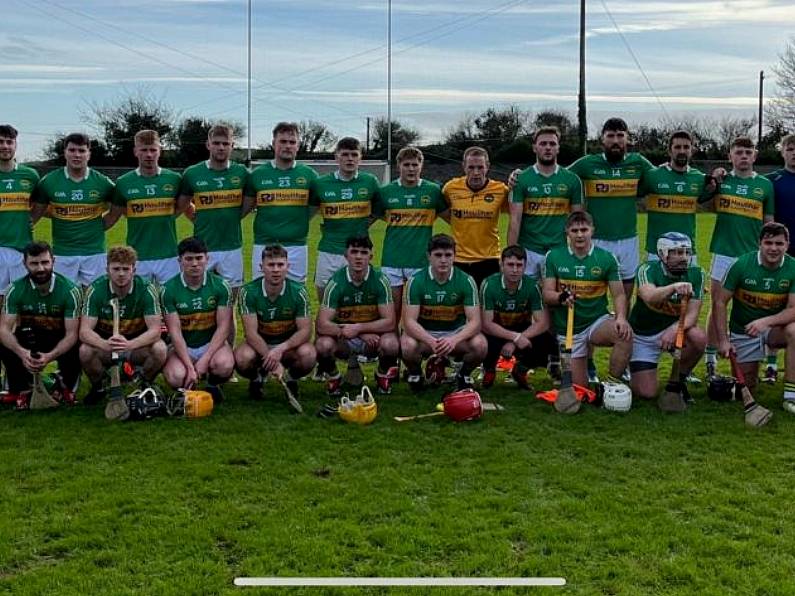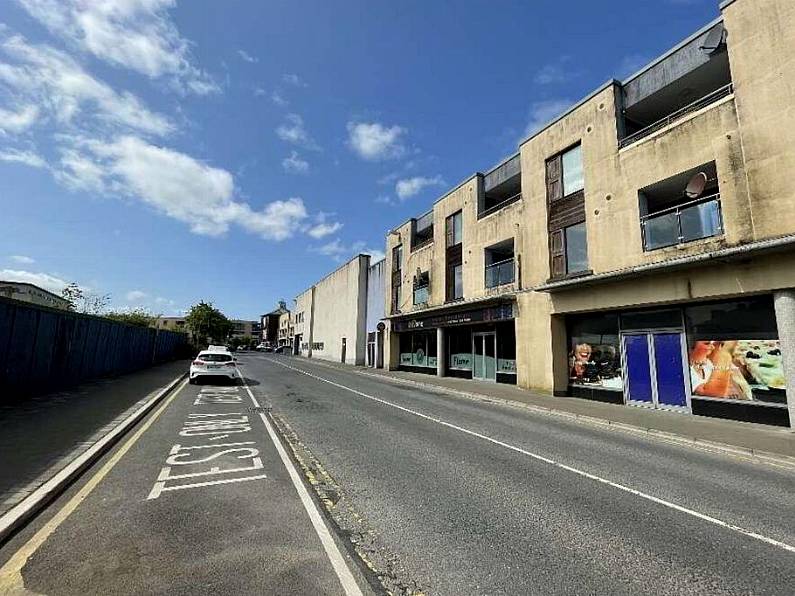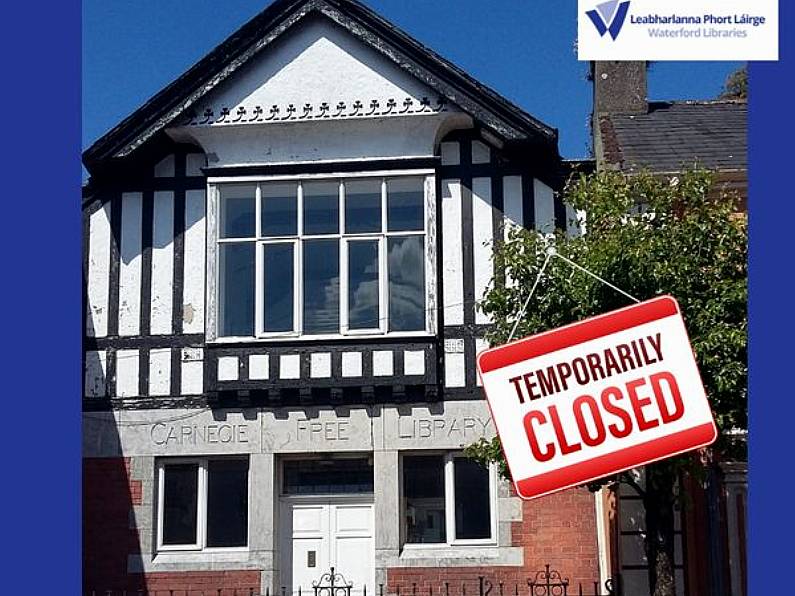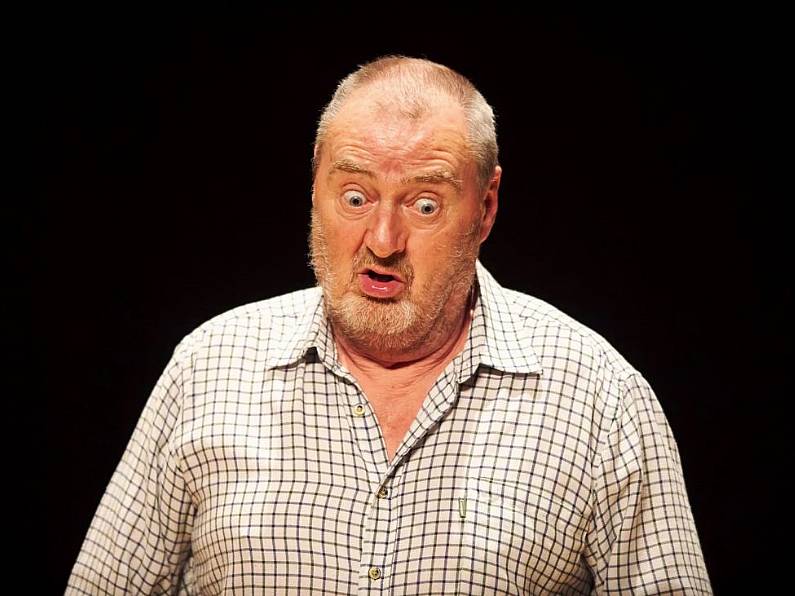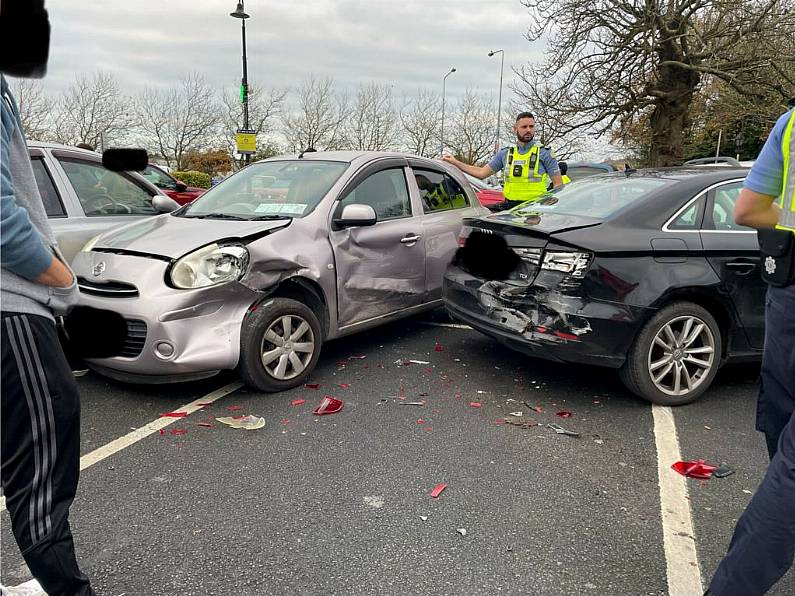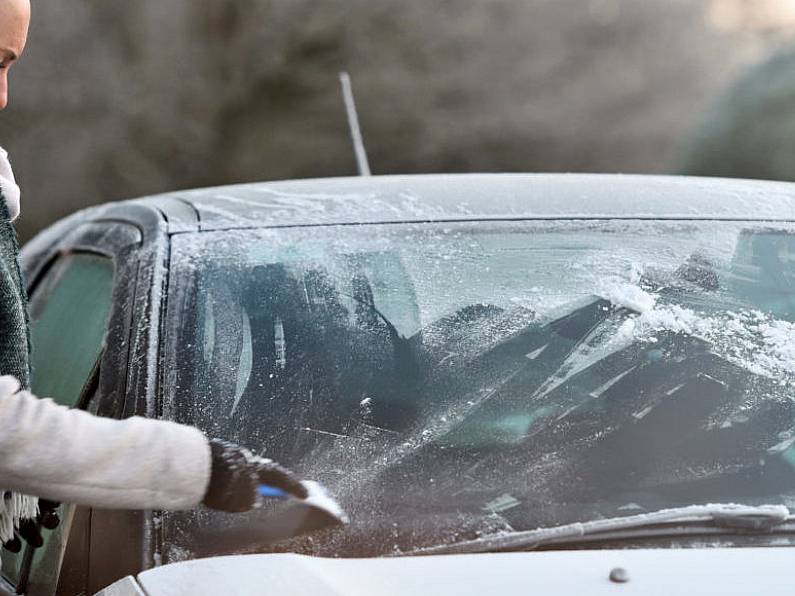Ireland’s Covid-19 international travel restrictions are “appropriate” and should remain in place over the Christmas period, a National Public Health Emergency Team (Nphet) member has said.
Dr Mary Favier also said there had been a “fraying around the edges” in support for Level 5 Covid-19 restrictions and “complacency and fatigue” had set in among the public.
Her comments come as chief medical officer Dr Tony Holohan warned on Sunday that the average five-day Covid-19 case number was rising as the country heads into the fifth of six weeks of lockdown.
A further 378 cases of Covid-19 were notified to the Department of Health on Sunday.
One more death related to the virus was also reported.
As of 8am on Monday there were 276 people in hospital with coronavirus.
“The restrictions on travel are appropriate now and unfortunately they’re going to be appropriate in five/six weeks’ time over the Christmas period,” Ms Favier told RTÉ’s Morning Ireland programme on Monday.
“The virus doesn’t know the boundaries of a festive season.”
She added: “That’s really hard but we will have to find a way to manage it.”
Dr Favier also said people coming into the country would need to follow public health advice to self-isolate for 14 days regardless of whether they have a negative test result. Otherwise she warned there was a risk of the disease spreading.
When you keep your distance, you are protecting yourself and others from #COVID19. But when you drop your guard, you could become exposed to the virus and so could the people around you. Help us drive case numbers down – keep your guard up #HoldFirm pic.twitter.com/YKE8tvIgjP
— HSE Ireland (@HSELive) November 13, 2020
“A not-detected test five days after you come into the country doesn’t mean you couldn’t seed a cluster on the sixth or the seventh day,” she warned.
Dr Favier also said she was concerned about the increase in Covid-19 cases in recent days, adding that it was “demoralising” for everyone who was trying to do their best.
“There’s been a fraying around the edges. We’ve seen cases where it’s the social congregations out on the street, whether it’s in workplaces, whether it’s around funerals. Of people taking their eye off the ball,” she said.
“It is really concerning because so many people are doing such a good job.”
Speaking on the same programme, the Minister for Foreign Affairs said it was too early for people to book flights home for Christmas.
But Simon Coveney said that advice could change, depending on the success of the Level 5 restrictions. He noted the five-day incidence rate has increased in recent days, and said the country did not want to be facing the prospect of a third lockdown in January.
“The advice is the advice today. That advice may change in two weeks’ time” he said. “I think it’s too early for people to be booking flights at this stage.”
Asked about the Government’s preparations in anticipation of a vaccine being made available, Mr Coveney refused to put a timeline on the introduction of the vaccine in Ireland but said the Government would be ready.
He told RTÉ’s Morning Ireland: “We will start the process of rolling out a vaccine as soon as a vaccine is available. But I think it’s important that we don’t raise expectations in terms of dates without being able to back that up. I’m not going to give you a timeline until I have an informed view of what that timeline is.
“When vaccines get approved, and I think it is likely to be when rather than if, we will be ready. We will have a task force that is already focusing on how that is going to work, to make sure that we can be as effective as we possibly can be in ensuring that we get vaccines to as many people as possible as quickly as possible, and of course that we target the most vulnerable people first.”
On Sunday, Dr Holohan said the average daily five-day case count was rising and was now more than 400 cases per day.
“This is a worrying development which has persisted for the last few days,” he said. “We are seeing a number of things which concern us. There are examples of small numbers of people congregating for social purposes and simply ignoring the important public health messages. They are putting our collective progress at risk.
“We are also seeing a number of outbreaks across the country. These include outbreaks in association with funerals. We understand that this is a difficult time for families but it is really important that we do everything we can to avoid the circumstances which promote transmission of the virus.
“There have also been outbreaks associated with workplace settings. As we head into a new working week, we need stay at home other than for essential reasons and for personal exercise within 5km. Anyone who can work from home, should work from home.”



